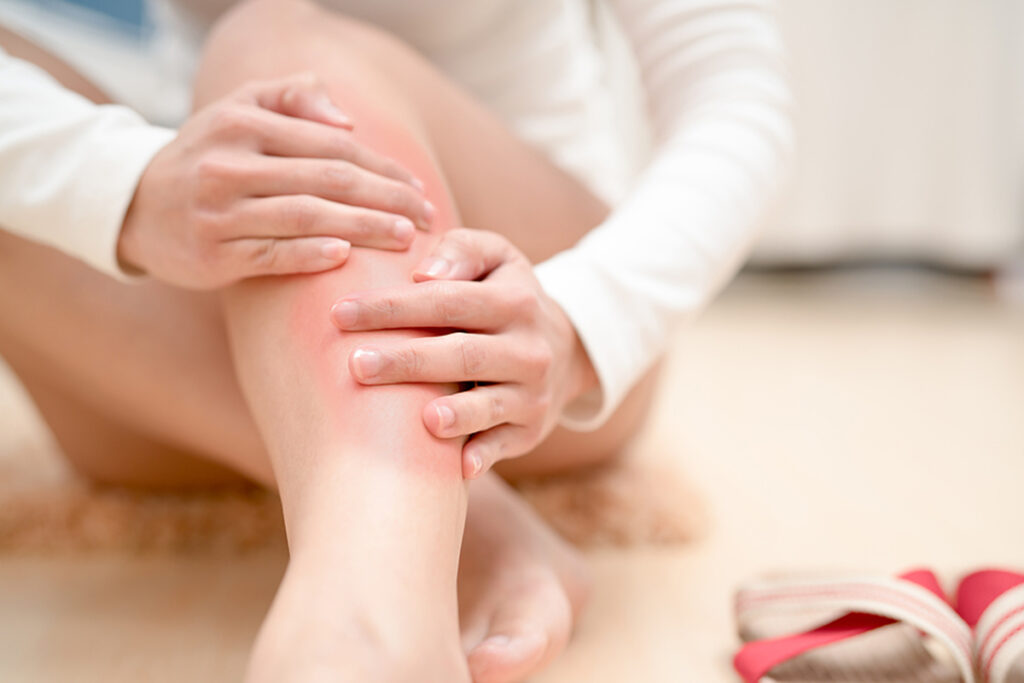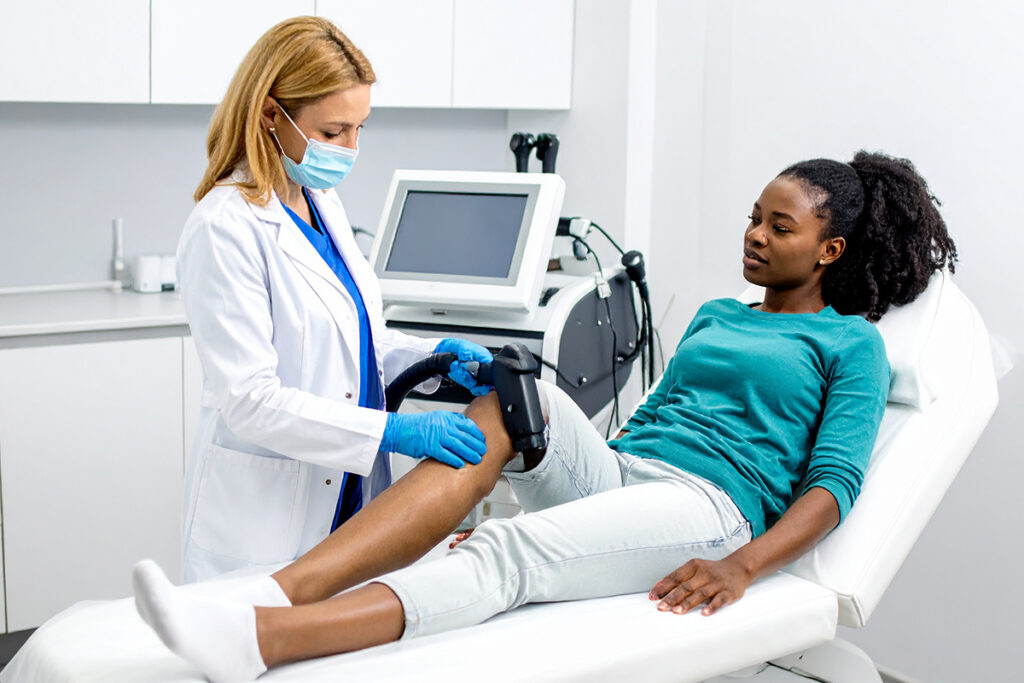
‘A little awkward but mostly okay’
How San Antonio’s young women feel about their healthcare experiences
At what age did you have your first women’s health visit? Did you go to an OB-GYN or did you visit your family doctor? Maybe you saw a pediatrician during your teen years. What prompted your visit? How was your experience?
In my work to build Betty’s Co. – an up-and-coming women’s health company for younger women – I reflect often on these questions. I first entered into women’s health at 17 and was met with some major challenges in the healthcare system that I had to personally navigate. Ultimately, though, I became a better manager of my healthcare—a lesson I want to pass to younger women.
So, I’ve asked dozens of women, younger and older, about their early experiences and their daughters’ early experiences with women’s health. I also surveyed 200 San Antonio women between the ages of 18 years and 24 years. In the conversations and survey responses alike, three main themes became abundantly clear for how younger women feel about women’s health.
The first is a general feeling of discomfort and awkwardness.
These feelings seem to have more to do with the nature of the visit than any interaction with a particular women’s health practitioner. Anecdotally, young women feel anxious about being first-timers and not knowing what to expect aside from having an awareness that a stranger will likely be probing them physically and verbally.
When surveyed on “How would you best describe your experience receiving women’s health services?” the most popular answer was “a little awkward given the nature of the visit, but it was mostly okay” with 39% of respondents expressing that sentiment. A close runner up was the very positive “good because I liked my doctor/nurse” with 35% of respondents selecting that option.
While only 12.5% identified their experiences as either “could have been managed better” or “among the most uncomfortable experiences of my life,” 26% went on to assign a negative descriptor to their experience. These phrases included misunderstood/unheard, ashamed/shameful, and ignorant/uninformed. So, while many of the experiences might be neutral or positive, the expectation of discomfort and overall awkwardness that presents around women’s healthcare can be hard for younger women to overcome.
The second commonality among young women’s healthcare experiences is uncertainty about when and where they should go.
When I was frst designing the concept for Betty’s, I sat down to talk about women’s health with three college women, each of whom was either 20 or 21 at the time. None had been to a women’s health provider because, according to their reasoning, they weren’t sexually active. They had all, however, been thinking they needed to go soon and didn’t know if they should find a doctor near campus or back home in San Antonio. Like these college friends, 15% of the women surveyed answered they don’t go anywhere for women’s health services.
“Where do you go to get women’s health services such as pelvic exams, STI screenings, birth control, and general counsel?”
- A private OB-GYN practice: 49%
- My pediatrician or family doctor: 20%
- I don’t go anywhere: 15%
- Planned Parenthood or another sexual health clinic: 11%
- The clinic on campus: 5%
- A virtual clinic: 2%
This begs the question, “When should a young woman visit a women’s health provider?” The American College for Obstetricians and Gynecologists (ACOG) recommends a woman should have her first visit between the ages of 13 years and 15 years*. The Mayo Clinic makes these recommendations for a first gynecological visit between the ages of 11-18**:
- Delayed puberty (no breast tissue changes before age 14) or delayed menarche (no menstrual cycles before age 16)
- Painful menstrual cycles, especially if missing school or activities due to symptoms
- Unable to wear a tampon
- Any sexual health concerns or contraceptive needs.
The college women who shared they had not visited a gynecologist represent a minority in terms of their sexual activity. According to research by the Guttmacher Institute, over 80% of women have been sexually active by the age of 21 and the average age for a young woman to have sexual intercourse for the first time is 17. Their findings are consistent with the survey of San Antonio’s young women, for which the average age was 21, which found that 80% had been or were currently sexually active.
Women’s health isn’t just about sexual activity, though. ACOG goes on to discuss the health topics young women should cover with their gynecologist: cramps and problems with menstrual periods, acne, weight, sex and sexuality, birth control, STIs, alcohol, drugs, smoking, and emotional ups and downs.
The third theme is purely anecdotal: Every woman has a health story.
I often share my vision for Betty’s in casual conversations with other women, and in every single instance, they take the opportunity to share their own experiences. Their openness and vulnerability in sharing their stories, each one unique, is inspiring. Women want to be seen and heard, even in the awkward space of personal health.

BY JENNIFER NEWELL
Jennifer is a passionate healthcare entrepreneur striving to make a positive difference in the lives of young women. After nearly 15 years in healthcare and higher education marketing strategy, Jennifer has set out to start Betty’s Co., a women’s healthcare company that serves younger women with the care, products, and education they need from period to family planning. For more information on Jennifer and her plans for Betty’s Co., connect with her on LinkedIn or visit Building Betty’s on YouTube.
* www.acog.org
**www.mayoclinichealthsystem.org




